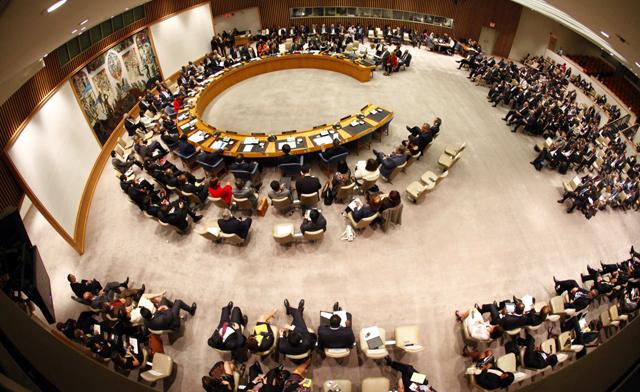The United States has vowed to use “overwhelming lethal force” against Yemen’s Houthi rebels, following a series of airstrikes that killed at least 53 people over the weekend.
The Pentagon emphasized that while the strikes are meant to deter the Houthis from resuming attacks, they do not aim to create an “endless offensive” or bring about regime change. US president Donald Trump warned that Iran would be held fully accountable for any actions taken by the Iran-backed Houthi group, which has targeted ships in the Red Sea in recent months, including vessels linked to Israel. These attacks have disrupted global shipping routes, particularly affecting the Suez Canal, and the Houthis have threatened to resume their actions unless Israel lifts its blockade on Gaza. This growing regional instability has also severely impacted the trade flows through the Suez Canal, with Egyptian president Abdel Fattah al-Sisi announcing on Monday (17 March) that the strategic waterway is losing around $800 million in revenue each month.
Despite the Houthi withdrawal from the conflict during the ceasefire in January, their return to aggression is seen as a show of solidarity with Palestinians amidst the ongoing Israel-Hamas war. The latest US strikes targeted over 30 Houthi sites, aimed at degrading their military capabilities. The Houthis retaliated with missile and drone attacks, including an attempt on the USS Harry S. Truman, which was intercepted without casualties. Tensions continue to rise in the region, with both the US and the Houthis vowing further escalations, with Trump warning that “hell will rain down” if the group continues attacks on Red Sea shipping. The situation has exacerbated the already dire humanitarian crisis in Yemen, as global leaders call for restraint.


